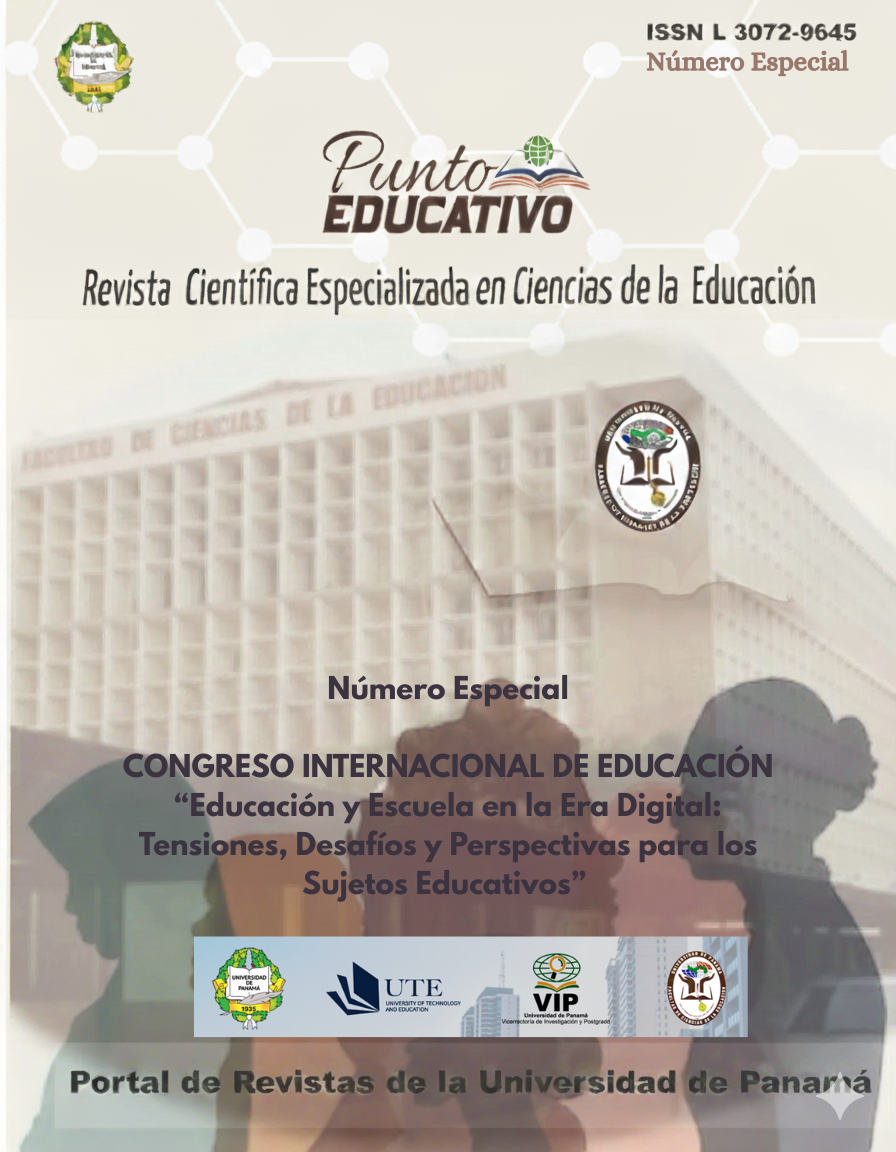

Copyright (c) 2025 Punto educativo

This work is licensed under a Creative Commons Attribution-NonCommercial-ShareAlike 4.0 International License.
This paper is the product of the Master’s thesis research, which was aimed at designing guidelines for integrating Wayuu orality as a cross-cutting axis in the curricular transformation of the community educational project to improve the educational quality of ethno-educational institutions. It is based on theoretical contributions from Bernal (2000), Mejía (2006), Pellegrini (1997), Zumthor (1989), Vygotsky (1972), and the Political Constitution of Colombia (1991). Methodologically, it is qualitative in nature with an ethnographic design, in which the population consisted of students, administrative staff, ancestral knowledge holders, traditional authorities, and parents belonging to the Nuestra Señora de Fátima de Nazareth Comprehensive Rural Ethno-Educational Institutions. Therefore, for the method of collecting and organizing information, observation forms, an analysis matrix, and an interview guide were used. It is concluded that the components of the PECs of the institutions under study are disconnected from Wayuu orality, even though it appears in their mission and vision. Therefore, the Anaakuipa’s own educational model should be considered for incorporation into the components of the PEC at the educational institution, across all levels and modalities it offers.